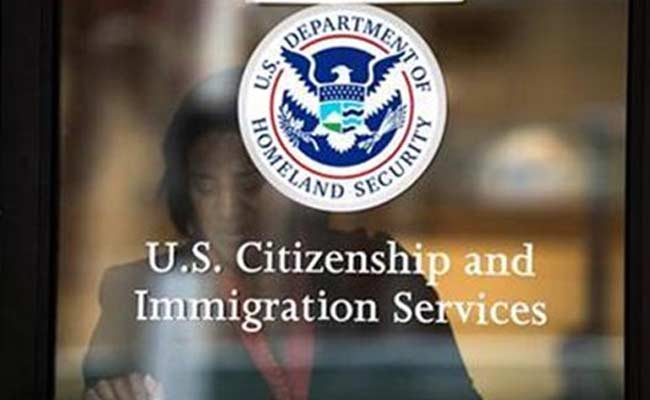
The United States remains a top destination in 2025 for international students seeking quality higher education and career opportunities.
Many of these students are children of H-1B visa holders - professionals employed in specialized fields such as science, engineering, and technology.
Under the H-1B framework, spouses and children are allowed to live and study in the U.S. as dependents.
Policy Shift Raises Concerns
A recent policy change by U.S. Citizenship and Immigration Services (USCIS) has triggered anxiety among H-1B families.
On August 8, 2025, the Trump administration announced a reversal of the Biden administration’s 2023 expansion of the Child Status Protection Act (CSPA).
The new rule, effective August 15, 2025, states that a child’s “CSPA age” - which determines whether they remain eligible for a green card as a dependent - will only be frozen when a visa is actually “available” under the State Department’s Final Action Date.
Previously, under the 2023 Biden-era policy, the CSPA age was locked in earlier, when applications could first be filed under the “Dates for Filing” chart. That change provided a safety net for many dependent children facing lengthy green card backlogs.
The reversal now means more children risk “aging out” - turning 21 and losing their dependent status - before their applications are finalized.
Deportation and Visa Transition Risks
This policy shift is expected to disproportionately impact Indian families, given the country’s massive green card backlog.
Children who age out lose their H-4 dependent visas, forcing them to either convert to an F-1 student visa — often at the cost of in-state tuition and scholarships — or leave the country altogether.
Many of these students have grown up in the U.S., completed high school, and secured college admissions, only to face sudden uncertainty over their legal status.
While the new rule applies only to filings after August 15, 2025, the long-term consequences could include enrollment drops at U.S. universities and a potential loss of highly skilled, U.S.-trained talent to other countries.
Advice for Families and Institutions
Immigration attorneys recommend early legal consultation to explore options such as timely transitioning to F-1 visas or carefully strategizing green card filings to minimize the risk of aging out.
Colleges and universities, too, can play a crucial role by offering legal guidance, resources, and advocacy to support affected students.














